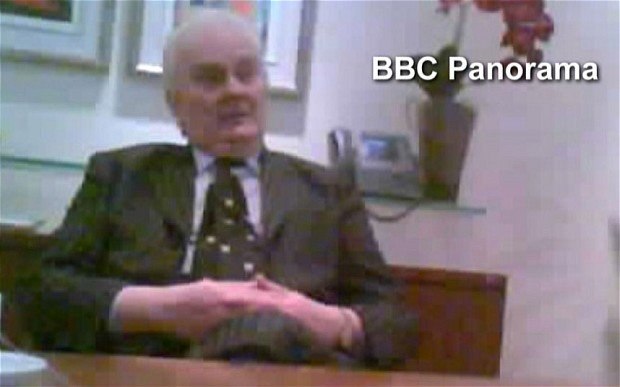The number of voters who think the Conservative Party seems “sleazy and disreputable” has doubled since 2006, and most now do not trust David Cameron to reform lobbying – but the Labour Party has not yet fully redeemed its reputation for sleaze, either
Earlier this week a Daily Telegraph and BBC Panorama investigation appeared to show Patrick Mercer, Conservative MP for Newark, agreeing to table Parliamentary questions drafted by undercover reporters posing as lobbyists – for a price. Mercer has since resigned the whip. Following a similar sting investigation carried out by the Sunday Times, two peers were suspended and another resigned after appearing to put Parliamentary services up for sale. All four deny any wrongdoing.
YouGov research reveals the Conservative Party’s reputation for sleaze has skyrocketed over the last seven years, which has seen numerous lobbying-related scandals. 58% of Britons – including almost a quarter (24%) of Conservative voters – now agree with the statement, “The Conservatives these days give the impression of being very sleazy and disreputable” while 28% disagree, compared to 29% who agreed with it in July 2006 (46% disagreed). The number who call the Conservative Party "sleazy and disreputable" has risen 10% in the last year alone.
The proportion of the public who say the same for Labour has dropped from a high point of 69% in 2006, immediately following the arrest and questioning of Lord Levy in relation to the "Cash for Honours" scandal, to 43% today.
However, more voters still agree with the statement when it is made about Labour than disagree with it (39%) – which was not the case for the Conservative Party in 2006 – suggesting Labour has yet to fully redeem itself in voters' eyes. Also, more voters call Labour "sleazy and disreputable" now than did so a year ago by a margin of 7%.
One of the peers suspended in relation to the most recent lobbying scandal, Lord Mackenzie, is a member of the Labour Party, and another, Lord Cunningham, served in Tony Blair’s Cabinet.
The revelations have reignited the debate over the relationship between politicians and lobbyists and the Government has since said it would introduce a bill creating a statutory register of lobbyist by the end of July, in an effort to “reform lobbying.”
YouGov research reveals that fully 73% of the British public supports such a measure – showing support for a lobbying register virtually unchanged since 2011 (when 75% supported it).
However the number who now do not trust Mr Cameron to reform lobbying has risen from 44% in 2011 to a majority of 53% now; likewise the number who do trust the Prime Minister on lobbying reform has fallen 40% to 35%.
On Tuesday House of Commons Speaker John Bercow said "urgent and effective action" was needed in response to the lobbying allegations, and announced that Parliamentary passes for researchers working for all-party parliamentary groups (APPGs) – groups which some have said allow lobbyists easy access to ministers – would be banned.
Not yet a member of YouGov? Make your opinion count by joining today!









